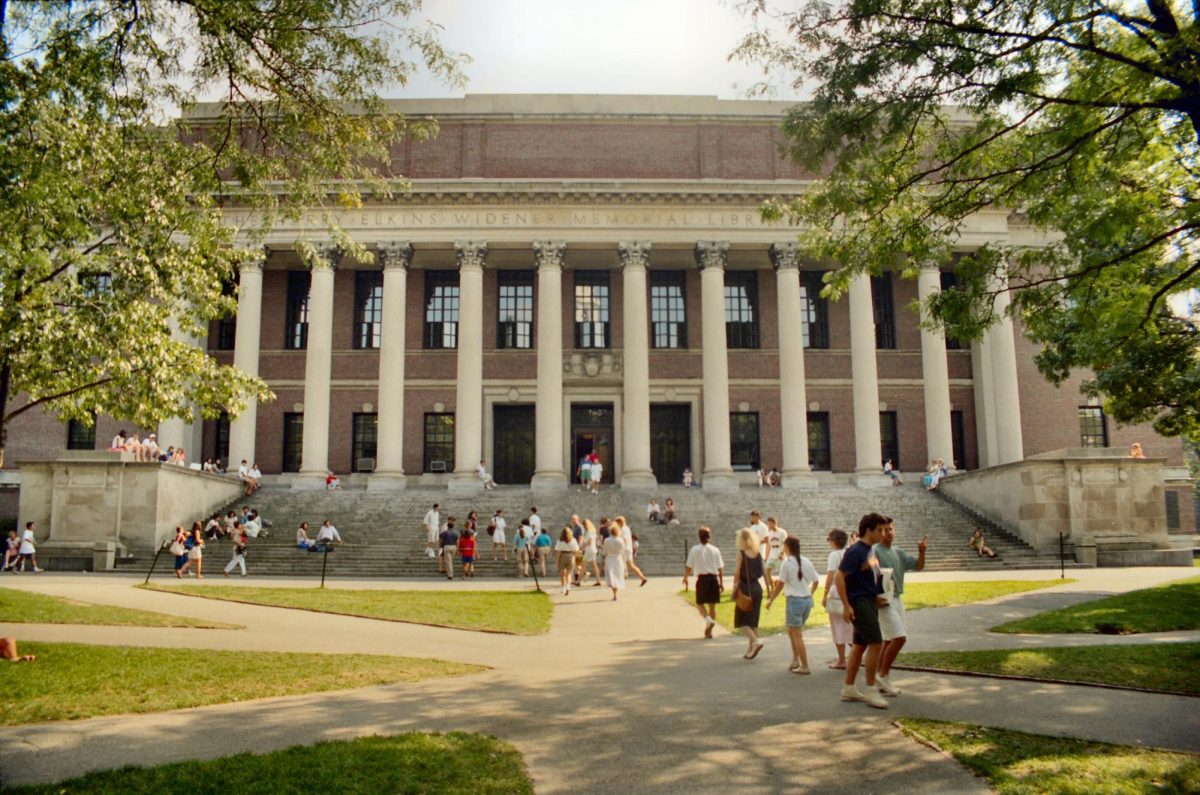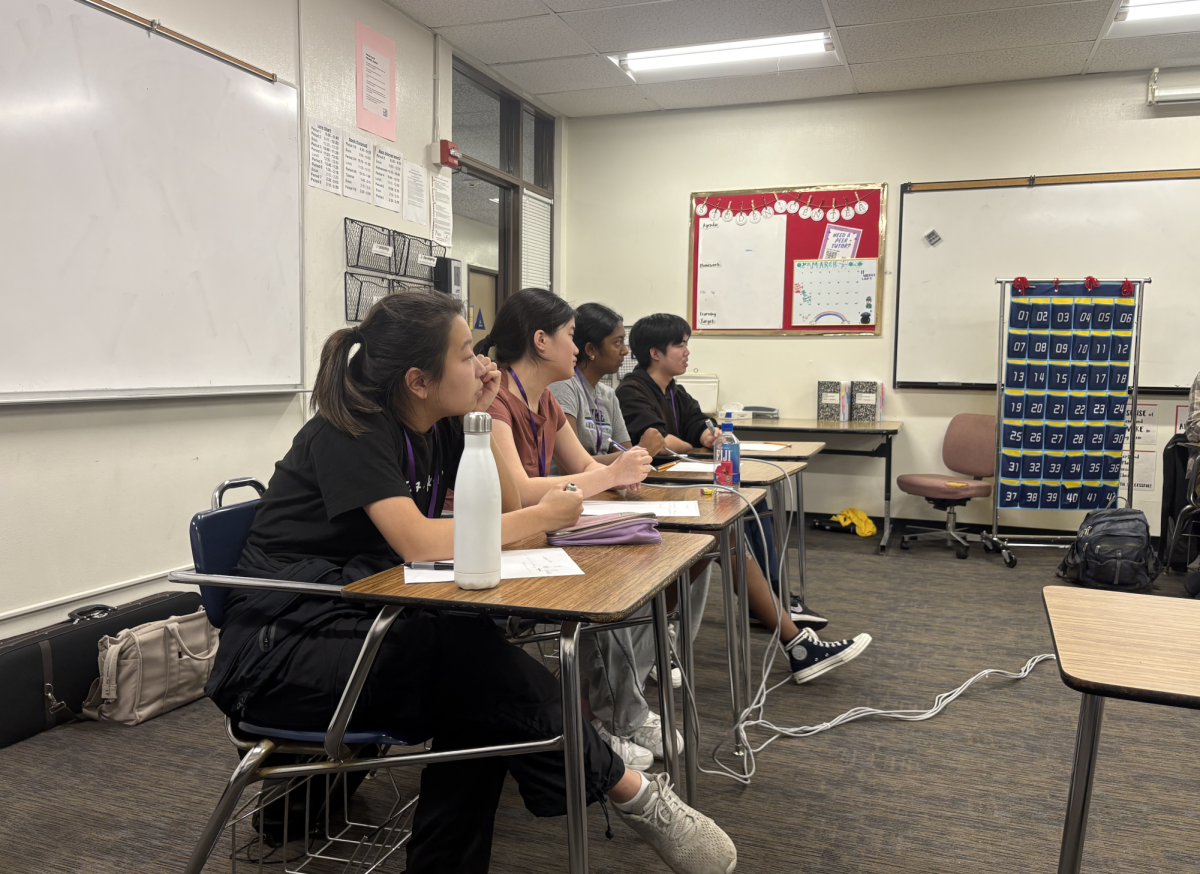Subjects in the humanities, such as English, History, have always been an important part of human society. It assists people in identifying the cause and effect of current events, leading to a more accurate, fair, and empathetic understanding of those around us.
Despite the informed perspective that the humanities offer, the number of bachelor’s degrees awarded in the humanities fell below 200,000 for the first time since 2002 during the year of 2020, then fell again by 7.3% from 2021 to 2022, according to an American Academy of Arts and Sciences report. Meanwhile, healthcare, engineering and natural sciences degrees awarded all increased by 2-5%.
The primary reason behind the general decline of people pursuing humanities is due to a general increased feeling that one must pursue the most practical path possible. Northeastern University assistant professor Benjamin Schmidt attributes the 45% decline in history majors after 2007 to the Great Recession. In times of perceived or actual economic difficulty, STEM degrees are viewed as more practical due to how STEM subjects are typically associated with progress and innovation. With the public hearing about AI advancements and new medical treatments every day, it is no surprise why the aspects of technological achievement are seen often as something that is constant and necessary. Because of STEM’s association with progress, people thus interpret the STEM job market as more stable and profitable.
The humanities seem to see their value undermined in poor economic conditions.
The pay gap between newly graduated humanities and STEM students can range from $10,000 to $30,000, according to The Huntington News. However, if the job market and opportunities for moneymaking was more open to newly graduated students, students would recognize that a STEM degree is not the only way to earn enough money. This opens up many other options, and encourages graduates to consider other positive factors that traditionally less monetizing degrees offer.
Because the decline in humanities is a nationwide phenomenon, it is easy to form negative bias towards humanities. With the rise of AI overtaking students’ writing assignments and President Donald Trump’s recent defunding of humanities grants, there is an overall cynicism surrounding the idea of taking on a path in humanities and an increase in its perceived “uselessness,” further contributing to the pattern of decline.
A cynical perception that humanities are “useless” is also an indication of a shift in society’s values. People wish to grab onto stability through high-salaried jobs, at the expense of a genuine understanding of the politics and people around us. Ultimately, this leads to lack of critical thinking and people who are willing to challenge society’s biggest issues.





